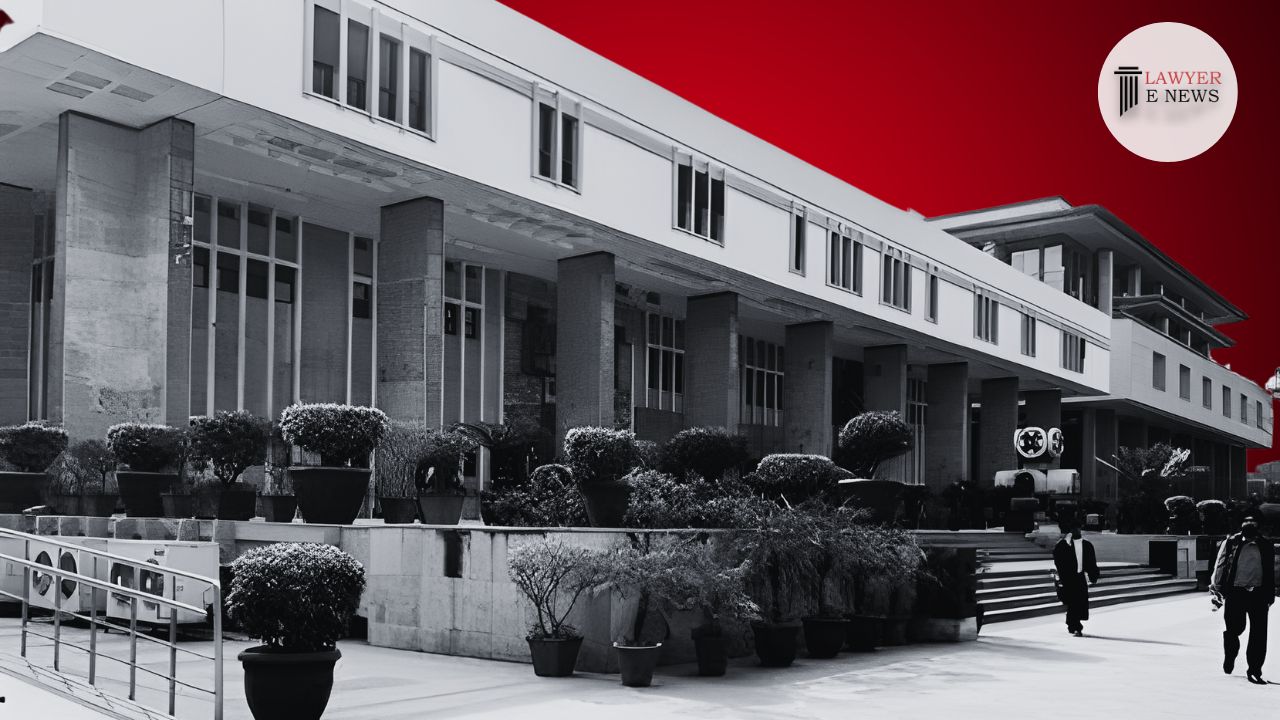-
by sayum
14 February 2026 2:22 PM



In a significant judgment delivered by Justice Amit Sharma of the Delhi High Court, the court upheld the stringent interpretation of penal provisions in a criminal revision petition under the Protection of Children from Sexual Offences Act (POCSO), 2012, and the Code of Criminal Procedure. The petitioners, school authorities, sought to challenge the dismissal of their application for impleadment and argued on issues related to reporting responsibilities under the POCSO Act following allegations of sexual assault in a school context.
The legal discourse centered on Sections 19(1) and 21 of the POCSO Act and Section 319 of the Code of Criminal Procedure (Cr.P.C.), dealing with the responsibility to report offences and the criteria for impleadment of additional accused respectively.
The core issue revolved around an incident from a Delhi public school where a minor was allegedly sexually assaulted by classmates. Following the school’s internal handling of the complaint, and subsequent reporting by the survivor’s father, school authorities faced charges under the POCSO Act for allegedly failing to report the incident timely. They contended that the complainant (the father), aware of the assault, also delayed reporting and hence should be impleaded as an accused.
The court methodically dismissed the petitioners’ arguments. It was emphasized that while the POCSO Act mandates the reporting of sexual offences against children, the statute itself does not penalize delays in such reporting where eventual compliance occurs. The court noted:
Legal Interpretation of Reporting Duties: It highlighted that the father did eventually report the offence, which triggered the legal mechanisms appropriately. Thus, there was no failure in compliance with Section 19 of the POCSO Act that necessitated penal action.
Impleadment under Section 319 Cr.P.C.: The application for impleadment of the complainant as an accused was found to be without substantial legal basis. The court held that mere delay in reporting by the complainant does not transform him into an accused under the Act’s framework.
Justice Sharma cited precedent and statutory interpretation, emphasizing a conservative approach: “Strict construction is one which limits the application of the statute by the words used… a person cannot be penalised without a clear letter of the law.”
Final Decision: The High Court dismissed the criminal revision petition, affirming the trial court’s decision and underscoring the correct application of law by the lower judiciary. All associated applications were also dismissed, concluding the proceedings without any modifications to the trial court’s rulings.
Date of Decision: May 7, 2024
Jasvinder Kaur & Anr. Versus State & Anr.
